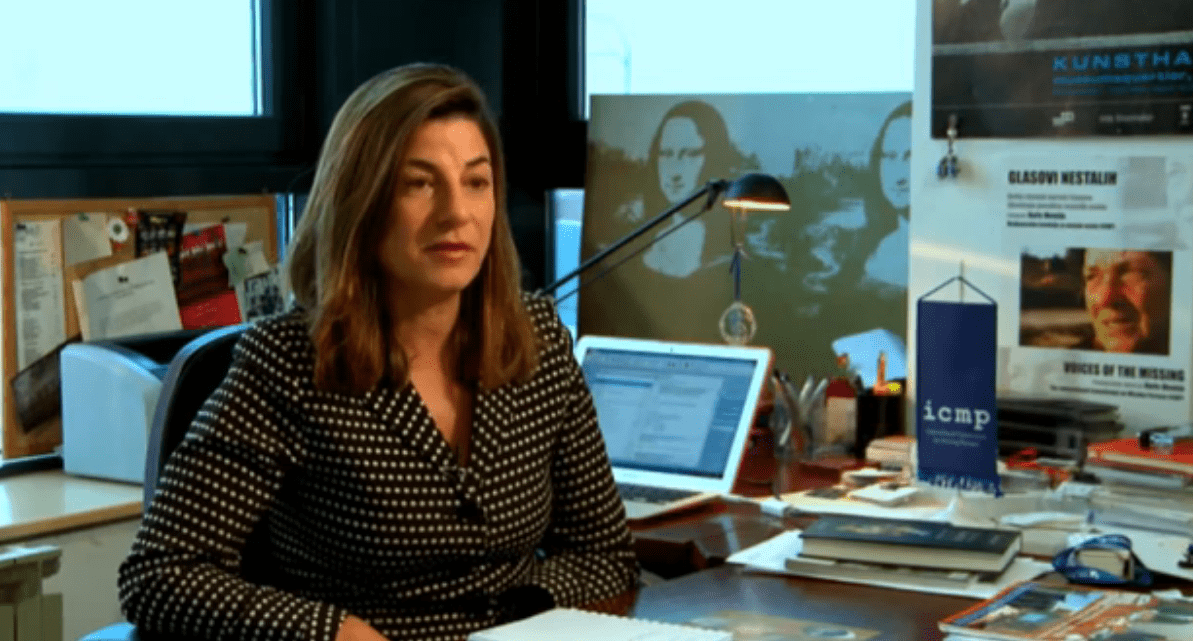This post is also available in: Bosnian
The meeting resulted in several recommendations as participants concluded that the transparency of judicial institutions was not at a satisfactory level.
This is primarily caused by the fact that the judicial institutions do not have spokespersons who can collaborate with the media and provide them with information.
Considering the fact that representatives of judicial institutions pointed out that they lacked resources for hiring a spokesperson, participants concluded that managers of judicial institutions should therefore invest additional efforts in ensuring the transparency of law implementation activities.
In order to achieve this, it was proposed to the High Judicial and Prosecutorial Council to send an announcement to all cantonal, district and judicial institutions of Brcko District, telling them that they are obliged to increase transparency of their work by organising press conferences, sending announcements to journalists or organising briefings at which journalists can familiarize themselves with their work.
Besides that, representatives of judiciary and the media from the Posavina and Tuzla Cantons agree that the practices relating to the anonymisation of documents should be harmonised, since it is not clear what is being anonymised and how, or introduce other practices related to the publishing of indictments and court documents.
When it comes to co-operation between the media and police, the meeting participants concluded that it was at a satisfactory level and that the police spokesperson can serve as a role model for judicial institutions in terms of good communication with the media.
Media say that they receive information about cases while they are still handled by police, but, as soon as the Prosecution or Court take over and an indictment is filed or confirmed, it becomes difficult to obtain information about what is happening or what stage the case is in.
The Posavina Cantonal Prosecution points out that they are ready to co-operate with the media, but they are often not able to implement it in practice due to a lack of personnel, because prosecutors deal with concrete cases.
Also, it was pointed out that some media were unprofessional and often superficial when it comes to reporting on the work of judicial institutions.
Representatives of the media think that they perform their job in a correct manner, but they cannot influence editors, who draw certain conclusions that are not in line with professional and ethic standards, since they are not familiar with judicial terminology.
The meeting held in Orasje was one in a series of meetings organised by BIRN and AIS with the aim of improving the collaboration between media and judicial institutions, particularly given that numerous cases have been transferred to cantonal, district and Brcko District courts for further processing as part of the implementation of the State War Crimes Processing Strategy.



